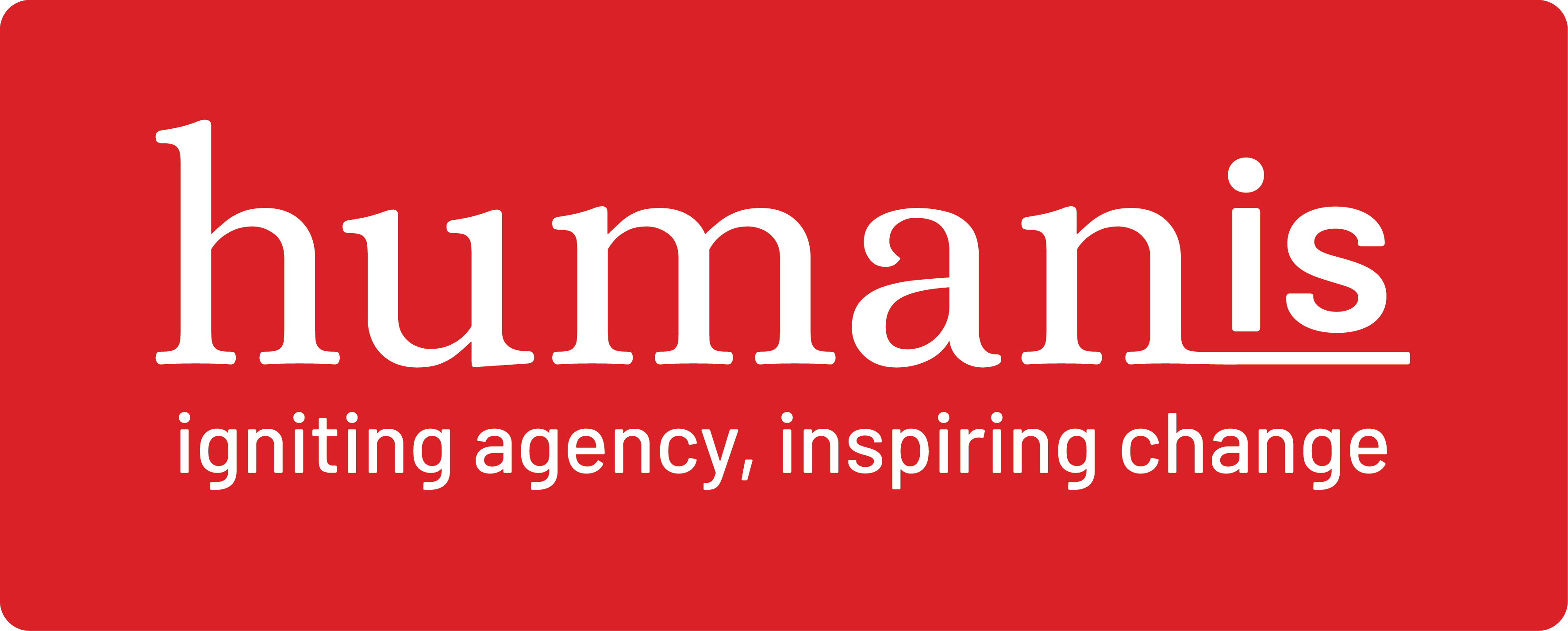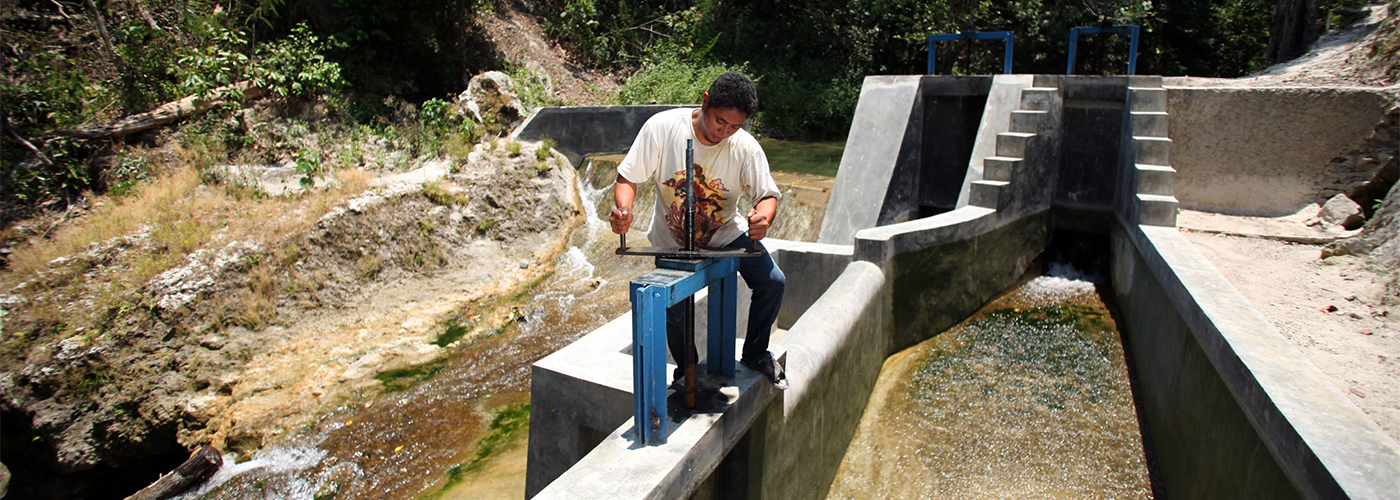Our programs
1 – Gender Equality, Diversity and Inclusion:
The Civil Society and Governance in Timor Leste
The Civil Society and Governance in Timor-Leste project is a project supported by the Royal Norwegian Ministry of Foreign Affairs that is currently in its fourth phase. It is a continuation of a previous Hivos initiative which supported gender based violence (GBV) victims and governance issues in Timor-Leste from 2014-2016, 2017-2018, and 2018-2019. This project aims to strengthen the capacity of five local CSOs in Timor-Leste to better and effectively advocate for the rights of its citizens. The project has two expected results: 1) Increased awareness of and commitment to the gender based violence survivors groups and the promotions of women leadership and good governance among communities and key stakeholders; 2) Improved the capability of four CSOs in the area of public outreach and organizational sustainability.
VOICE
Voice is an innovative grant facility to support rightsholders and groups facing marginalisation or discrimination in their efforts to exert influence in accessing productive and social services and political participation. Voice operates in a context where civic space and power is shifting at a fast pace, and often closing rather than opening. Where the narrative is negative and underlining marginalisation and vulnerability, rather than the dreams and successful steps made towards a better, more inclusive world. Voice is implemented in ten countries in Africa and Asia.
Voice is an initiative of and financed by the Ministry of Foreign Affairs of the Netherlands as part of their overall policy framework ‘Dialogue and Dissent’ (future Power of Voices) and is executed by a consortium between Oxfam Novib and Hivos. Hivos is the coordinated body in four countries: Indonesia, Philippines, Kenya and Tanzania, while Oxfam coordinates Voice in six: Laos, Cambodia, Uganda, Niger, Mali and Nigeria.
2 – Civic Rights in a Digital Age:
Creative Youth for Tolerance program
Creative Youth for Tolerance program (CREATE) is a new initiative designed to improve pluralism and tolerance in schools using art and cultural approaches as an entry point. The objective of CREATE is to improve tolerance and pluralism in schools by strengthening tolerance and pluralism among students and enhancing the role of parents and school committees in supporting tolerance practices. CREATE aims to target seven state high schools in each of the target provinces: West Java, East Java, South Sulawesi and three Islamic senior high schools in one of the above provinces. CREATE is implemented by Hivos who is inspired by humanist values with the support of The United States Agency for International Development (USAID) Washington New Partners Initiative (NPI): Conflict Prevention & Recovery Program (CPRP) that focused on collaboration and partnerships that address the issues of the improvement of interreligious and interethnic harmony.
3 – Climate Justice:
Modern Energy Cooking Services
Modern Energy Cooking Services (MECS) Myanmar is a research collaboration program between Hivos and Loughborough University, UK, that aims to provide cost effective modern energy cooking that leads to improved choice of affordable and reliable energy cooking services for consumers. The pre-MECS assessment showed that Myanmar is poised to demonstrate the multiple ways in which battery electric cooking, known as eCook, can be a value-add development intervention. The MECS initiative, therefore, will play a critical role in working on further action research and stakeholder engagement to assess the opportunity to scale up the potential of electric cooking in Myanmar. It also encourages active involvement of local civil society organizations (CSOs) that are leading the movement for renewable energy solutions. MECS is implementing a strategy focused on including the cooking needs of households into the investment and action on ‘access to affordable, reliable, sustainable modern energy for all’.
Modern Energy Cooking Services (MECS) is funded by UK Aid (DFID) and implemented by Loughborough University and the World Bank’s Energy Sector Management Assistance Program (ESMAP) to accelerate the global transition from traditional biomass-based cooking to modern, clean, low carbon energy-efficient alternative methods.
The study of “Overview of the Electric Cooking Landscape in Indonesia” can be found here
Towards Indonesia’s Low Carbon Energy (MENTARI)
MENTARI (Towards Indonesia’s Low Carbon Energy) is a four-year programme, officially launched in July 2020. The programme aims to deliver inclusive economic growth and poverty reduction in Indonesia by supporting low carbon energy uptake, focusing on eastern Indonesia. Led by the British Embassy Jakarta, MENTARI works closely with the Government of Indonesia and other stakeholders to improve the enabling environment and drive investment. Hivos delivers small scale renewable energy projects through Demonstration Strand located on Sumba Island, promoting Collaboration and Networking and Gender and Inclusion throughout all activities. MENTARI is a consortium programme with Palladium International Indonesia and Castlerock Consulting.
The Indonesian Domestic Biogas Programme (IDBP)
The Indonesian Domestic Biogas Programme (IDBP) or known as Biogas Rumah (BIRU) programme is a program managed by Hivos since 2009. In the first year of implementation, this programme was managed and implemented by Hivos with Technical Assistance from SNV – Netherlands’ development organization. IDBP is also supported by the Indonesia Ministry of Energy and Mineral Resources (MEMR) as a program that promotes and facilitates the utilization of household biogas by the community through the market mechanism. In 2012, Hivos engaged with Yayasan Rumah Energi (YRE) as the implementer and built cooperation with national as well as local stakeholders, public as well as private entities, interested in taking on essential functions. The IDBP aims to promote the use of biodigesters as a local, sustainable energy source by developing the market while working towards the development of a commercial, market-oriented sector, leading to the creation of jobs. The IDBP seeks to disseminate renewable energy programs through the use of biogas reactors as an energy source and the use of bio-slurry (biogas pulp) as natural fertilizer that can be used to improve soils and crop yields and reduce the use of chemical fertilizers in the farm, which usually poses environmental problems in the long run.
Amplifying Voices for Just Climate Action
The five-year strategic objective of the AVJCA program is “By 2025, local civil society groups have claimed a central role as empowered innovators, facilitators and advocates of climate solutions”. The program is about climate justice with intention to build wide societal support for locally shaped climate solutions through an inclusive and rights-based approach. This includes building a broad-based climate alliance at country level, bridging divides (urban-rural, gender, youth), that amplifies voices in new, unusual ways. It aims to unite and inspire civil society coalitions for a positive and innovative just transition agenda which needs a new level of civil society leadership by women and youth in East, Southern and Northern Africa, Latin America and Southeast Asia.
The program is implemented by an alliance of 6 organizations: WWF NL, Hivos, SouthSouthNorth, Akina Mama wa Afrika, Shack Dwellers International, Fundación Avina. During the 5 years’ program period the alliance aims to increase ownership of the program by local CSOs. The program is funded by the Netherlands Ministry of Foreign Affairs under the “Power of Voices” framework.
Watershed in Loes, Timor Leste
Loes watershed – Sustainable Agriculture Productivity Improvement Project – is a 26-month project implementation in 3 municipalities of Liquica, Ermera, and Bobonaro. The project collaborates with Ministry of Agriculture and Fisheries in Dili – Timor Leste to empower 180 farmers groups. The project facilitates the farmers group to receive technical trainings about agriculture, aquaculture, forestry and livestock. Farmers are also being empowered to use the available technology as well as the farm management.
Fisherfolk Empowerment for Climate Resilience and Sustainability in Central Java (FOCUS)
FOCUS’ desired change is to build the integrated coastal management for a sustainable food system for the fisherfolks community including women in Central Java. FOCUS will strive to achieve stronger participation of coastal populations in target areas in Central Java in decision-making on coastal resource planning, provide advocacy to promote a more sustainable balance between the use and conservation of marine resources, and activities to improve local value-chains at local level. FOCUS is supported by The Norwegian Agency for Development Cooperation (NORAD) with Hivos as the lead of the consortium and WALHI, KIARA, and PKSPL-IPB as the implementing organizations.

